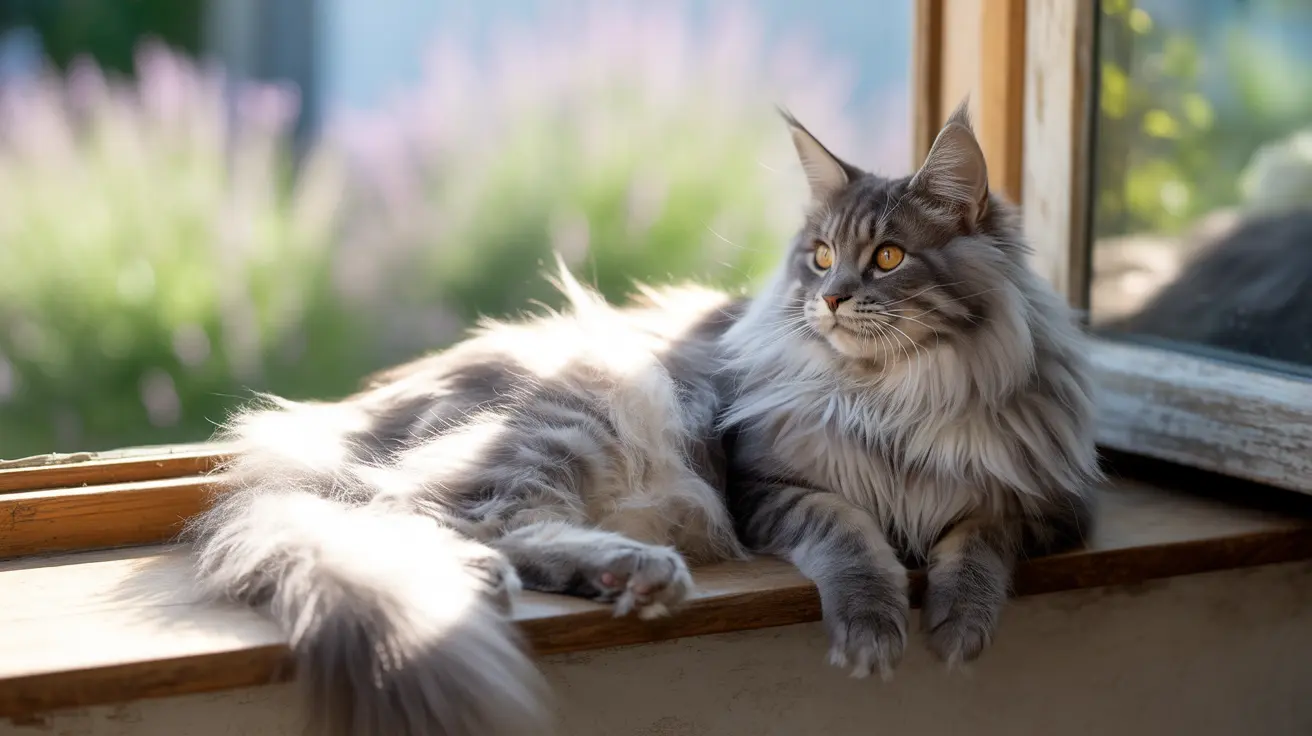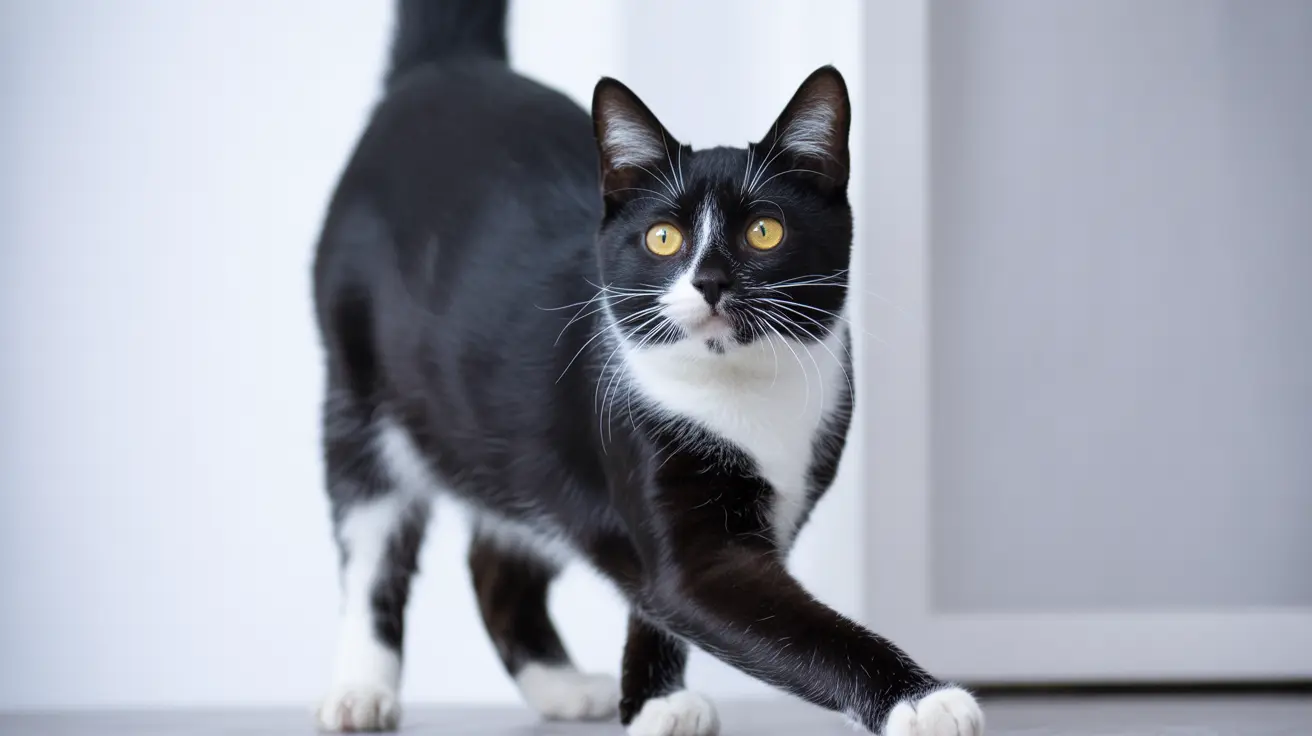Understanding your cat's ideal weight is crucial for maintaining their overall health and well-being. While many pet owners wonder about the perfect weight for their feline friends, the answer isn't as straightforward as a single number on a scale. Weight can vary significantly depending on multiple factors, making it essential to take a holistic approach to your cat's health.
This guide will walk you through everything you need to know about cat weight, from breed-specific variations to practical weight management strategies that keep your furry companion in top shape.
Understanding Cat Weight Basics
The average domestic cat typically weighs between 8-12 pounds (3.6-5.5 kg), but this range is just a general guideline. Each cat is unique, and what constitutes a healthy weight depends on several critical factors. To put this into perspective, a single excess pound on a cat is equivalent to 14-15 pounds on a human, highlighting the importance of maintaining an appropriate weight.
Factors Influencing Ideal Cat Weight
Numerous elements contribute to a cat's healthy weight:
- Breed characteristics
- Age and life stage
- Gender
- Body frame structure
- Overall medical history
Breed-Specific Weight Variations
Different cat breeds have remarkably different healthy weight ranges:
Maine Coon Cats
- Male Maine Coons: 15-25 pounds (6.8-11.3 kg)
- Female Maine Coons: 10-15 pounds (4.5-5.8 kg)
Siamese Cats
- Female Siamese: 8-12 pounds
- Male Siamese: 11-15 pounds
Petite Breeds
- Abyssinian cats: Healthy weight around 6-8 pounds
Determining Your Cat's Healthy Weight
Veterinarians use a specialized Body Condition Score (BCS) to assess feline weight:
The BCS is a 9-point scale where an ideal score falls between 4-5. This method goes beyond simple numbers, focusing on visual and physical assessment. Key indicators include:
- Visible waistline when viewed from above
- Ability to feel ribs without excessive fat covering
- Overall body composition and muscle tone
Effective Weight Management Strategies
Maintaining your cat's ideal weight requires a combination of proper nutrition and lifestyle management. Here are some expert-recommended tips:
Nutrition and Portion Control
- Measure food portions precisely
- Adjust meals based on age, weight, and activity level
- Choose high-quality, nutritionally balanced cat food
Regular Monitoring
- Schedule routine veterinary checkups
- Conduct weekly at-home weight assessments
- Track any significant weight changes
Frequently Asked Questions
How much should a cat weigh based on breed and age?
Ideal weight varies by breed, with most domestic cats falling between 8-12 pounds. Consult your veterinarian for breed-specific guidance.
What's a healthy weight range for indoor vs outdoor cats?
Indoor cats typically require fewer calories and may need more careful portion control compared to outdoor cats with higher activity levels.
Why do male cats typically weigh more than females?
Male cats generally have larger body frames and muscle mass, contributing to higher average weights across most breeds.
How can I tell if my cat is overweight using body condition scoring?
Look for a visible waist, feel for ribs with minimal fat covering, and consult your vet for a professional Body Condition Score assessment.
What's the best diet plan to help my cat maintain an ideal weight?
Focus on high-quality, portion-controlled meals, regular exercise, and routine veterinary consultations to develop a personalized nutrition plan.






